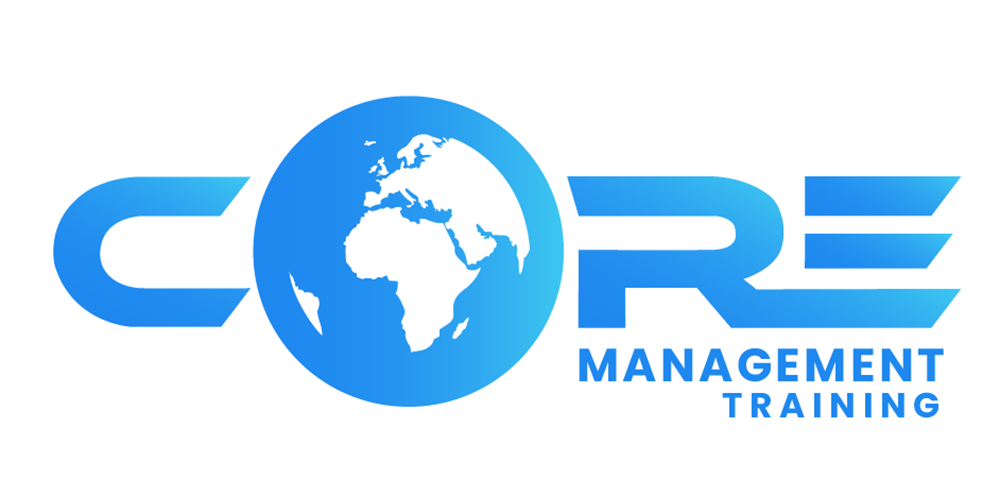The primary role of the strategic management process is simple: effectively get from one point to the other while enjoying the journey. The “journey” involves coming up with a strategy and executing it. This means a good plan determines how you travel the road to your success and effective execution keeps you alert.
Paraphrasing the words of Lewis Caroll, if you are not sure where you are going, any road will take you there. But while all roads lead somewhere, that “somewhere” might not be where you want to end up. In that way, starting or closing a business deal without a strategy is like gambling – having a specific plan matters if you want to be successful.
More importantly, maintaining high ethical standards during the strategic planning process will ensure every organization facet aligns with organizational values.
Proper business strategic planning helps you identify where you need to go and what you need to achieve in a specific duration. During the process, you will also create a document to be used by stakeholders and relevant employees to stay informed of business objectives. By investing quality time in strategizing solutions, you can build a clear vision for the future of your business. Your strategic plan will inform you yearly or quarterly of your set goals and where you are with them.
Keep reading to learn more about the strategic planning process and how you can use it to help your business succeed:
What is Strategic Planning?
Strategic planning means building a plan to achieve your strategic objectives, and it’s the basis for any business to meet its vision. Planning helps you refocus on the core purpose, goals, and objectives — that is why you started the company in the first place.
Further, a strategic plan will help you define your company’s direction in the next three to five years. Typically, this plan includes your business vision and mission statements, long-term and short-term goals, yearly and quarterly objectives, and steps to attain success.
When Should You Create A Strategic Plan?
When is the best time to create a strategic plan? As soon as possible.
Business strategies have long-term effects on organizational success. And just the process of creating your plan will help you define your business tactics and how they will help you achieve your mission. After a strategy is formulated, you should establish specific targets or goals, and allocate resources, to place the plan into motion.
Business tactics are specific things you undertake to achieve your strategic goals. You should develop these strategies before taking action to avoid wasting time and other resources and failing to take advantage of emerging opportunities.
NOTE: Sometimes, strategic planning must happen on the fly. If you are like many business owners, restrictions related to the coronavirus pandemic forced you to strategize to remain in the market. For example, many entrepreneurs were forced to cut down their number of employees or make other financial cuts to remain intact. Making strategic cuts, trying new opportunities, and streamlining processes are all ways that businesses switched up their plans during the pandemic.
Importance of Strategic Planning
Developing a business strategy involves setting overall business goals and establishing a way to achieve them. There are many benefits of having a business strategy, including:
1. Help in planning
A strategic plan is an essential tool in business sustainability. It will help analyze what happened in the previous year and outline where your business should be in the future. It also helps set attainable goals, including financial prosperity, expansion, and competitive advantage.
The process—finding out who does what, when—may be complicated, but it is crucial to the success of the planning effort. Having a precise picture of how you want the future to be helps determine how goals need to be communicated and how you should plan to achieve them.
2. Outlining strengths and weaknesses
Strengths and weaknesses are unique to every company, and no one knows your business better than you. But are you leveraging your business’ strengths to your advantage? And do you have plans to work on the weaknesses? A strategic plan helps a business’ owners, CEO, and other stakeholders focus on initiatives that will succeed.
3. Knowing where to allocate resources
Resources are finite, and businesses need a strategy to make the right choice regarding resource allocation. A strategic plan will help determine which services, products, or target markets will be part of the future and which will not. These decisions help you deploy limited assets to the most rewarding opportunities.
4. Capabilities needed to achieve goals
Creating a strategy will help you understand the skills and knowledge necessary to take your company forward over the long term – but business tactics are also necessary.
- Tactics are the concrete things – the plans – you need to achieve the goals you set out in your strategy.
- They consist of marketing and sales plans, the team who will execute the plans, and every other partner and asset needed.
- Tactics will help you understand the capabilities you need to pursue to achieve your goals.
Strategic Planning Tips
Now that you understand strategic planning and why it’s necessary, here are a few tips to help you succeed in creating your own strategy:
- Understand what the most significant limitation to the growth and success of your business is. This is one of the main leverage points in your company.
- What are some of the potential ways to mitigate the limiting factors or make them less limiting?
- Understand the solutions that are more likely to work, easy to implement, and pay off big at the same time. These are areas you need to invest your resources more.
- Clarify in writing the business you are working to create and what you want it to look like in three to five years. For example, clarify your business sales figure, market share, margins, niches it focuses on, target market, etc.
- Know your target and work backward from it. That is, know your long-term and short-term goals. What do you need to attain each milestone?
- Identify the roles of each stakeholder. Who will be doing what, and when?
- Concentrate on the long-term goals of your business – strategic planning is as essential as a business plan and can make or break your enterprise.
Strategic Planning for Marketing
Developing a clear marketing strategy is a vital part of planning. A good marketing strategy helps you define strong, realistic, and measurable marketing objectives for your business – and its successful execution ought to generate sales for the enterprise.
Whether your goal is increasing income or increasing the number of clients, a marketing plan will help.
- You and your employees will better understand the company’s overall objectives
- Productivity will increase as each person works in the direction of achieving the business goals
- You’ll be in a better position to address any issues that show up in the future
Summary
Effective strategic management can bring many benefits to any business: it works like a roadmap, defining the best route your organization can take within the years ahead. Whether your plan covers one, three, or five years into the future, it can help your organization conquer the challenges that lie in wait.
The most crucial part of strategic planning is to plan. It is one of the basic needs in business sustainability.
What does that mean? You must create a marketing strategy that outlines the company’s reason, budget, goals, and mission statement. Resource allocation is also of vital importance. It would help if you planned for using available resources – from funds to employees – to achieve goals for the future. And when resources are scarce, you must know how to allocate them for diverse tasks or business units. Having the exact knowledge and necessary skills and tactics to make that happen results from a well-thought-out strategic plan.
Finally, to succeed, you must also outline the negatives and positives of your organization. Growth will depend on your company’s strengths, and on eliminating any weaknesses.
Bottom line? Executing and monitoring strategic initiatives are obligatory for successful company growth. By emulating the points in this article, you can help your organization get on the right track. Making the right strategic choices will boost your organization to the next level!


